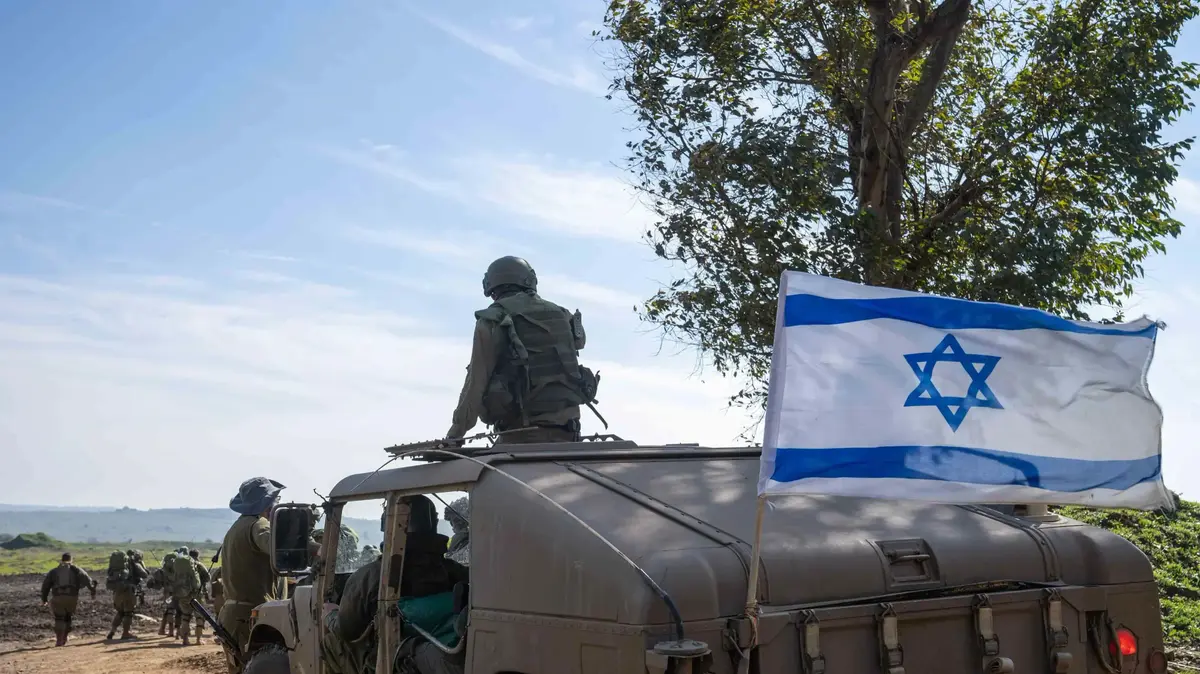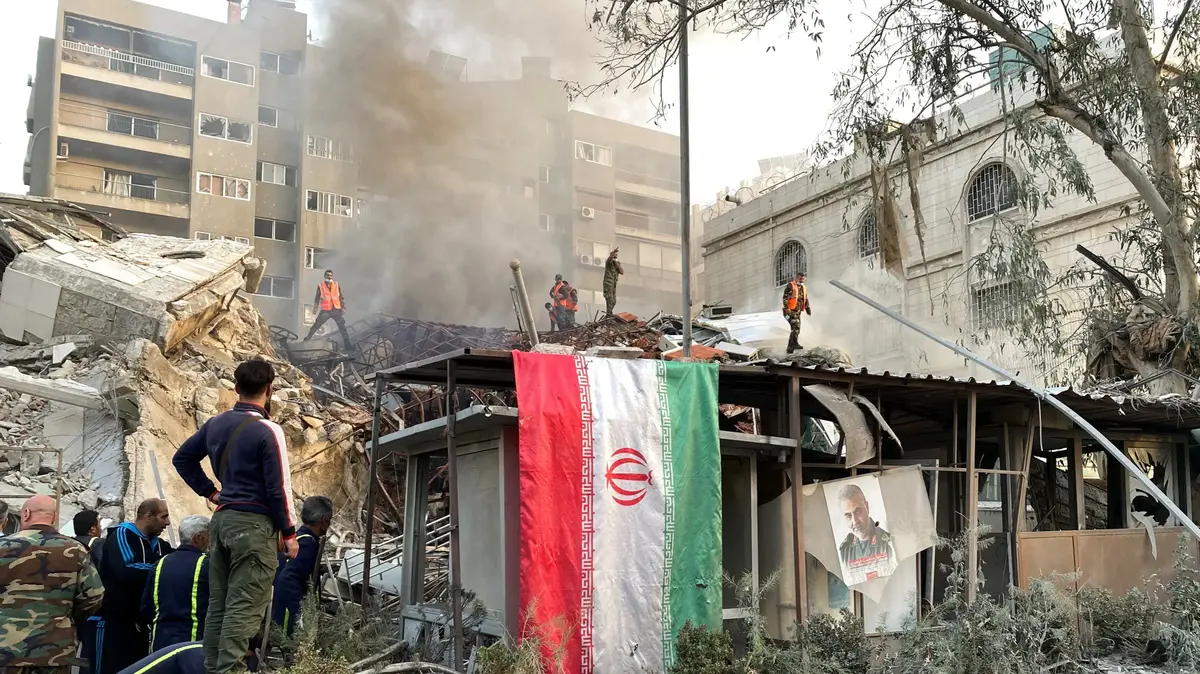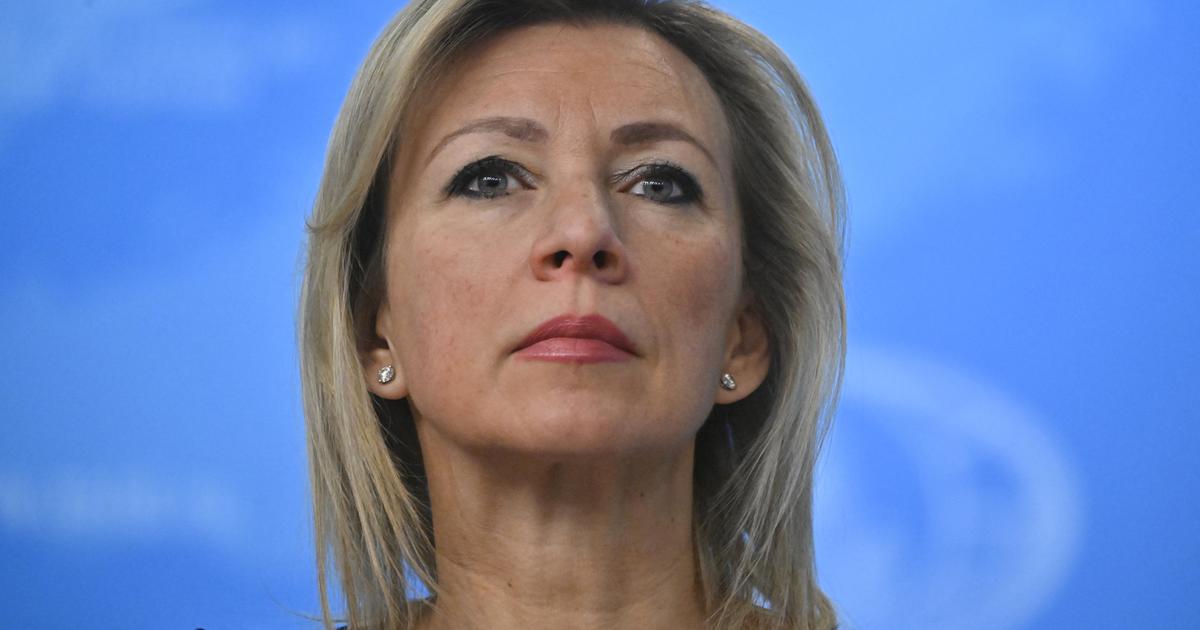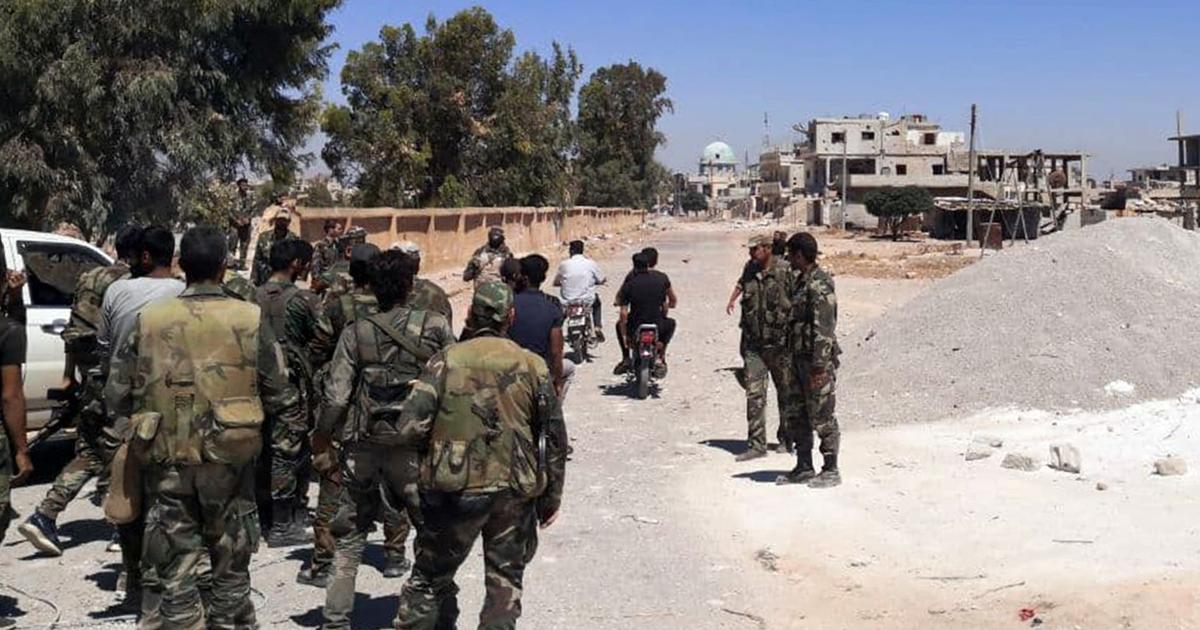In the end, when Thursday night was shot out of everything the Kurds have, when their word was no longer understood and the hotel owner shouted that they should leave the window immediately, it was only the worry of being struck by a confused ball of the sudden bonfire to become. Surprisingly, Turkey had announced a 120-hour ceasefire, the Operation "Peace Spring" was over much faster than anyone had expected. (Read the SPIEGEL title story here)
On Tuesday morning, it was real fear that dozens of Western journalists in haste left the Kurdish territory and returned to the safety of northern Iraq. Wild rumors circulated that the spearheads of the invading forces of the Assad regime were hunting down foreign reporters, holding lists, trying to cross the border at Semalka and have the trap snapped shut.
BBC, CNN, AP and others fled back with their teams. "The rumor is circulating that Assad's troops are conquering Semalka at 3:00 pm," it said in the WhatsApp groups of frightened rapporteurs. So: us.
"Everything quiet over there, everything as always"
In between were three somewhat unreal days in "Rojava", the long-time de facto independent Kurdish area whose days now seem counted. But that seems very contradictory in the details on location.
What begins with the border crossing: The "North Syrian self-government", as the tightly controlled administration of the Kurdish party with various acronyms (PKK / YPG / PYD) calls last year, a multi-storey complex with limestone cladding on a hill above the Kahbur Flow, where in 2017 the formalities were still handled in two construction containers.
Khalil Ashawi / REUTERS
Childhood at war: A girl in the northern Syrian border area
Now there are seating areas, air conditioning, tea and internet. And now our slightly nervous looks, as we have crossed the pontoon bridge over the Khabur the day after the exodus of colleagues and ask the team of fixer Novin and driver Zakhar, if you could enter the building? Or, whether they could be bombarded at any time by the Turks? That they were not conquered by Assad's army the day before at 15 o'clock, they already knew on the Iraqi side of the border: "All quiet over there, everything as always." But even the fear of the Turks is unfounded, assure Novin and Zakhar laughing.
But the first thing is: The excessive bureaucracy of the Kurdish self-government, which also demands separate applications to two departments for the seventh visit to their empire, sent from the headquarters of the medium, stamped necessarily, with passport copies of local employees and other documents - all this continues in war.
Wherever the officials take the relaxed security, that their neat Grenzabfertigungsensemble, far more pompous than the Iraqi on the other shore, nothing will happen, remains a mystery. But there is nothing to be heard outside barbecues, and after the usual round of the press office and two secret services, we are allowed to enter, equipped with several notes that we should not lose by any means.
"We are the last ones here"
In the north of Rojava, in Ras al-'Ain, Tall Abyad, Ain Issa and in a number of villages fierce fighting continues, columns of smoke rise, the Turkish Air Force bombades indiscriminately. All this we see in the first small town behind the border on television. Like the locals watching their war on screen. Everyone is depressed, the restaurants are emptier than usual, everyone knows someone who knows someone who has taken refugees from the villages near the Turkish border. But otherwise: Derek is as calm as ever.
more on the subject
But you only have to drive five kilometers to the north, to the village of Jisr, and in the afternoon you arrive at deserted houses: "We are the last ones here", call two old men, "the others come only briefly to look after the sheep, since here grenades are smashed ".
And so it goes on the next days: Quiet are the big cities Kamischli, Hasaka, Amuda, Rumailan, no jets are to be seen in the sky, no detonations to hear.
THE MIRROR
But almost all the schools in Hasaka have been cleared for the refugees from Ras al-Ain and Tall Abjad, who fled so precipitously from the Turkish grenades, that most only took with them what they wore. Now they are supplied with blankets, canned goods and rice by the Red Cross, local NGOs and the "Barzani Foundation" of the ruling family of the same name from rich northern Iraq.
Whole Kalashnikov magazines emptied into the night sky
The rolling convoys of Assad's army can only be seen with luck. The soldiers apparently have orders to behave as restrained as possible. At least for now. In Kamischli, where the rulers of Damascus always kept part of the center, the airport, and the main post office - and threatened to shut down the telephone network - not even guards are standing where otherwise.
When, on Wednesday evening, the army troops in green buses roll in Kobane, the legendary city that was rescued from the terrorist militia "Islamic State" (IS) five years ago by the US Air Force, they look on in surprise at hundreds of protesters. They do not welcome them, but chant "YPG! YPG!". Instead of reaching for a weapon, one of the soldiers only makes a shy victory sign and then drops his head.
When the news of the Turkish truce on Thursday evening rages around quickly, there is no stopping it: Now it sounds like war everywhere, whole Kalashnikov magazines are emptied into the night sky, tires are burning on the streets, they are already in the first hour eight wounded with gunshot wounds hospitalized.
"We did not let her in"
But the relief deceives the true change, which begins now creeping. Assad's soldiers are still behaving quietly. But in Hasaka, the director of a school where refugees are now living is talking about the attempt of the Damascus party cadres to take over the schools again:
"They came, wanted the keys, and told us that their curriculum was being reintroduced," meaning to pay homage to Bashar al-Assad as a blessed ruler, to teach only Arabic, and to praise the eternal rule of the Baath Party. "We have not let her in, since then spend the night in school," she says defiantly.
But the return of the dictatorship will come, sooner or later. The withdrawal of the Americans, coupled with the Turkish invasion, has driven the Kurdish leadership into surrendering to agree to return under Assad's rule.
In Rakka, the largely destroyed Arab city further south, in which no strong Kurdish faction could fight back, landed on Tuesday already a helicopter from Damascus. It emerged victorious in the newly appointed Chief of Political Security in Rakka. It is the most civilian of those security services that have tortured and murdered tens of thousands in recent years.
Hassan al-Hassan, the new boss, smiled as he greeted the local dignitaries. The smile will not last long. The reign of terror is back.









